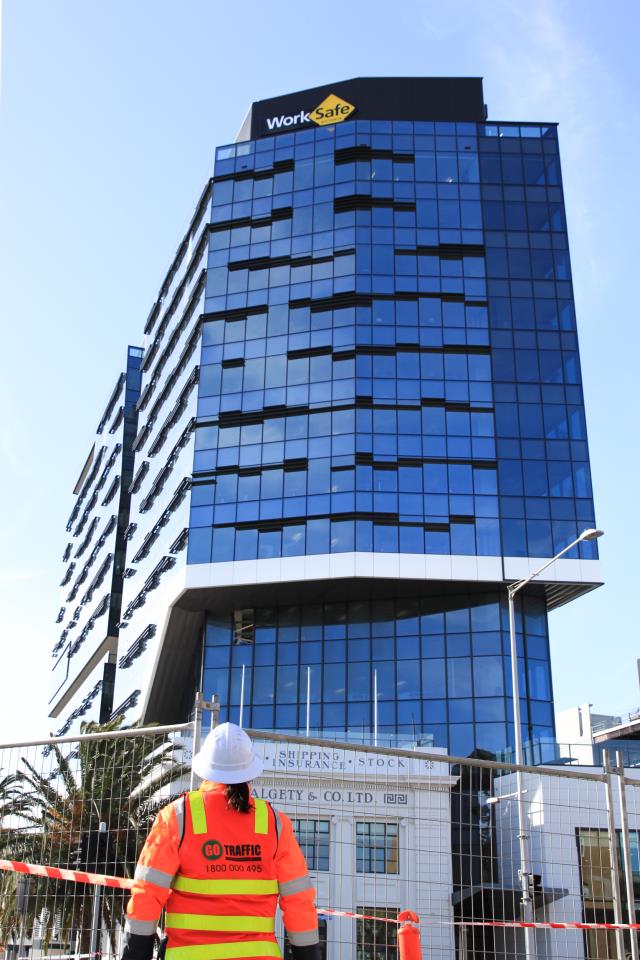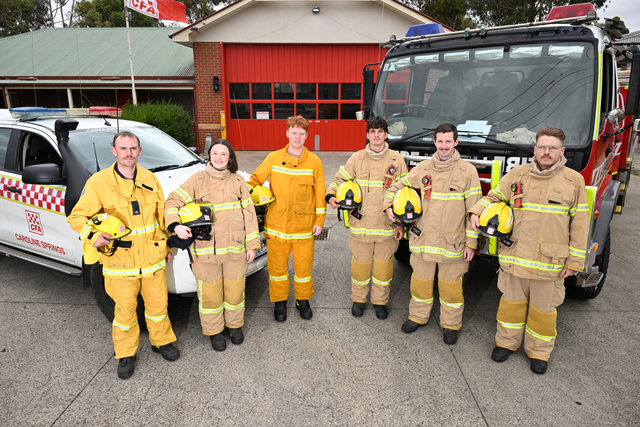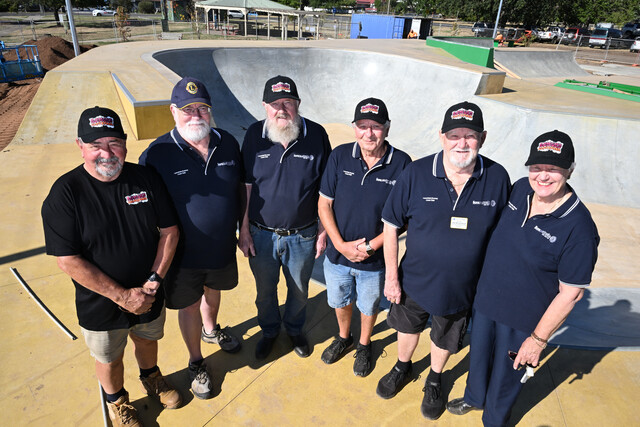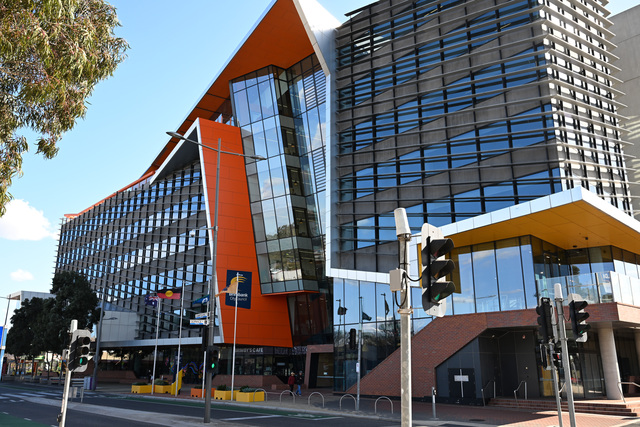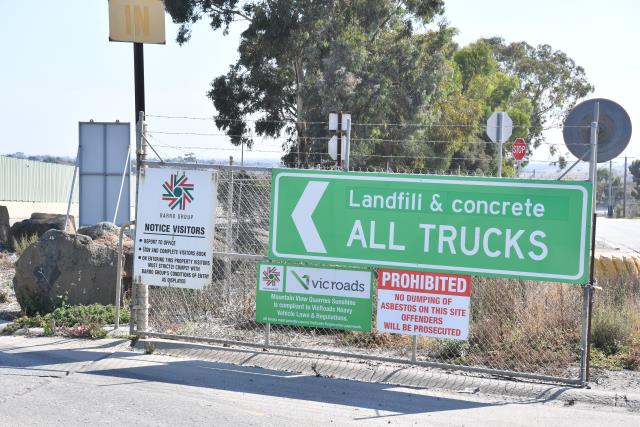First, do no harm. That’s a nice credo to live by, don’t you think? Just enough “do unto others”, just enough care and responsibility (unlike dry cleaners … but I’ll save that for another day).
However, it is my melancholy duty to inform you that I now believe the solemn vow that has been the North Star of guidance for the medical profession since the time of Hippocrates needs to change. “Do no harm” doesn’t cut it: how about, “First, spin no yarn”?
Let me explain.
Why do doctors and surgeons lowball the experience of their medical interventions, surgeries and procedures? Why are we constantly sold the pup of undergoing “just a day procedure” – a simple, easy, painless thing – only to stumble from hospital, gauzed and groggy, with days of recovery stretching before us, sometimes including a post-operative care regime that would keep a registered nurse busy for a week?
After seeing yet another friend stumble through the surprisingly challenging consequences of “just a day procedure”, I’m afraid, dear doctors, dear surgeons, I need to put it more plainly – first, spin no bullshit.
Someone appears to be afraid of the truth here; maybe it’s the doctors, fearing that a frank disclosure of the aftermath of the procedure will frighten the patient away from a necessary intervention. Maybe we patients demand such reassurances that we fail to hear, or inquire after, the reality of what we’re about to do.
Either way, the reduction of major surgeries to small, day procedures; the rise of the outpatient rather than the long hospitalisation; the rise of self-managed care has meant that after a brief spell of surgical twilight, we alone are in charge of ourselves – and often pathetically unprepared for it.
WHAT DO YOU THINK? Post a comment below
Only a day procedure. Was there ever a more perfect example of spin? I say this knowing many serious and committed medical professionals will not like being accused of this one bit.
Well, tough. Language matters. Language has always mattered, and never more so than when we alarmed, anxious and often uninformed patients are spoken to in soothing phrases that include words such as “just”, “only” and “day” surgery. Let’s parse this nuggety little falsehood, shall we?
In the first instance, “just” doesn’t apply, because there is no such thing as “just” a day. It’s still a day, a full 24 hours of a day, in which work or school has to be abandoned, leave has to be secured, someone found to drop off and then collect the patient (usually at the utterly inconvenient time of early afternoon). This day can even begin one day early depending on the procedure, if there’s fasting or preparation to be undertaken. And despite initial murmurings that a return to work is certainly possible, it’s highly unlikely you’ll be in a fit state to go back. Forget about it: the day will be lost.
And neither is it “only” a day procedure, for there is the night of discomfort, and the days of recovery that then might follow, and bewilderingly you really only get a full sense of this when, post-operatively, you sit dazed and bandaged listening to the often quite complicated post-surgical care that you – or someone close to you – will have to undertake. The procedure is “only” a day-long matter to doctors because we no longer get to stay in a medical facility for more than one day. Doctors have outsourced the post-operative care – to us.
Now there’s a great deal of sound evidence to show that the less time in hospital, the fewer serious infections we are likely to pick up, and everyone sleeps better in their own bed at home (just why do hospitals have to be so damn noisy?). But if you’re going to send us home for matters that would have once had us under the overnight care of a medical professional, then please do us the courtesy of telling us the truth about just how damn miserable we might be afterwards.
We value your professionalism and your care, and while we might not thank you at the time for being blunt, we might not curse you so much later.


